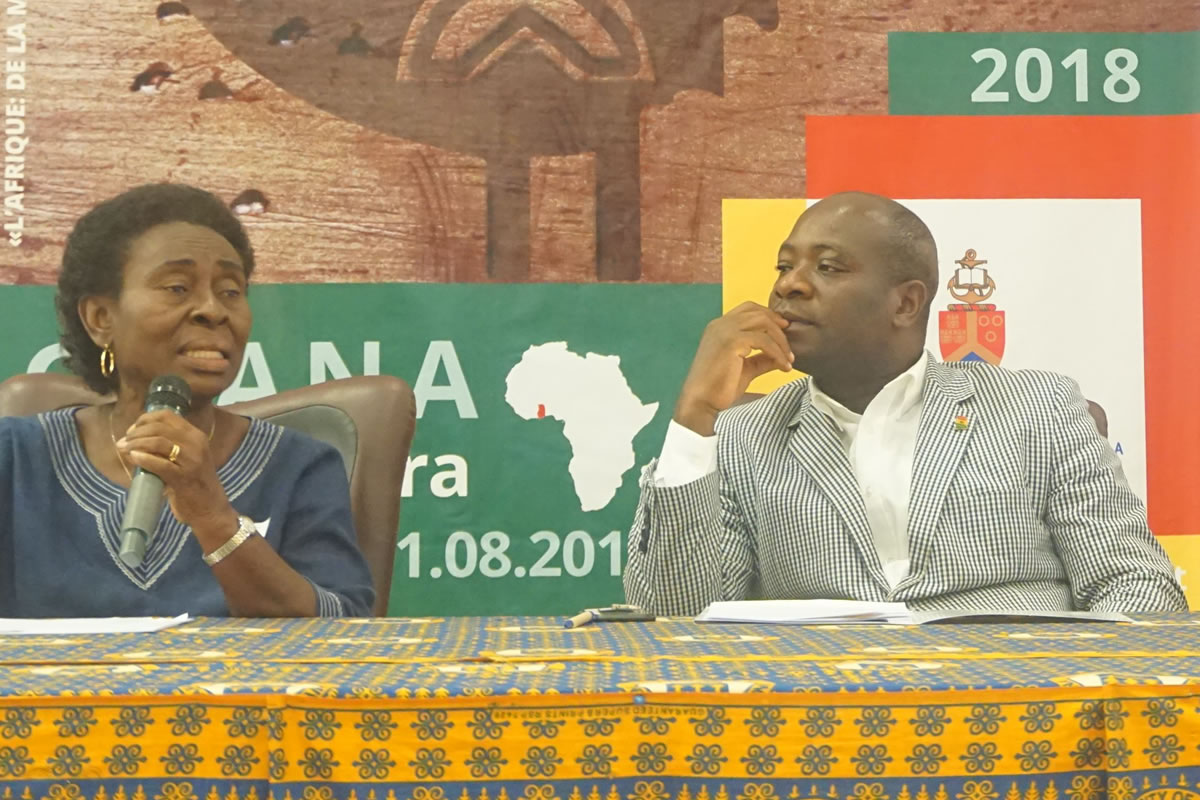The Centre for Human Rights, University of Pretoria, in collaboration with Moremi Initiative for Women’s Leadership and HelpAge International, organised the West Africa expert meeting on the rights of older women in Accra, Ghana. This was in the wake of the 27th African Human Rights Moot Court Competition, held annually by the Centre, and formed part of the Centre’s year-long #AgeWithRights campaign to advocate for the protection of the rights of older women.
The meeting brought together experts from West Africa including Sierra Leone, Ghana, Liberia, Nigeria, Guinea, Gambia and the Democratic Republic of Congo. The meeting focused on the collective deliberation on issues that affect older women in the region and to come up with strategies needed to push respective states to pay attention to the specific vulnerabilities of older women. These experts included representatives from government ministries, civil society organisations, human rights advocates and researchers with experience working on the rights of older persons. One specific issue highlighted throughout the meeting is the urgent need for the ratification of the Protocol to the African Charter on the Rights of Older Persons, which although adopted by member states in 2016, has suffered neglect with no states having ratified the Protocol as yet.
In the introduction, Dr Delali Badasu minced no words in highlighting the plight of older persons, giving much needed statistics that reflected the feminisation of ageing and the need for more research and data across the region to drive policy interventions on specific issues faced by older women including poverty, abuse and neglect. She highlighted the need to tackle issues of aging holistically by not only focusing on the current older person’s population but also investing in the
youth population who are in the continuous process of ageing and will be less vulnerable if provided with quality education, healthcare and economic opportunities.
The various experts gave presentations on their specific country context highlighting issues such as witchcraft, harmful practices, the plight of older women during epidemics such as Ebola, the lived realities of older women who suffer from ageism and bear the burden and responsibility of caring for grandchildren and the administrative and political bottlenecks faced by older women.
Furthermore, the Director of the Centre for Human Rights, Prof Frans Viljoen, Mr Lefhoko Kesamang of the African Union and Roseline Kihumba of HelpAge International, all spoke emphatically about the importance of ratifying the Protocol and the need for all state parties represented to become champions of the Protocol, pushing for its urgent ratification. To this end, state parties agreed to take the following critical steps:
- To establish working groups and NGO coalitions in-country to prepare and put pressure on national governments to ratify the Protocol.
- To mobilise grassroots advocacy groups and get information on the Protocol to the people (older women and older persons) it is intended to protect.
- To develop and gather data needed as evidence to put pressure on government to ratify the protocol.
- To make sure policies and laws actually align with the needs and desires of older women and older persons.
- To mobilise stakeholders and engage with all supranational entities – ECOWAS, AU, etc. in pushing for the Protocol.
In conclusion, we all must be cognisant of the fact that ageing is a process and not a destination. Hence all stakeholders must be invested in promoting and protecting the rights of older persons especially older women, ensuring that have a conducive environment to thrive within the society.


